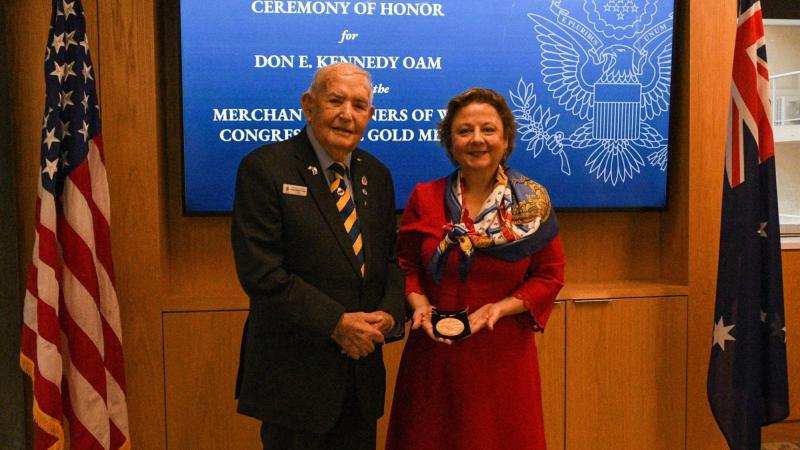Electricity bills for consumers of two electricity lines companies in the North Island are expected to reduce from 1 April as a result of a downward adjustment to Powerco and Wellington Electricity’s allowable revenues.
The reason for the amendment is to ensure all regulated lines companies have the same weighted average cost of capital (WACC), regardless of whether they are on a default price-quality path (DPP) or a customised price-quality path (CPP).
“Aligning the cost of capital in the Powerco and Wellington Electricity’s CPPs has the result of decreasing Powerco’s allowable revenue, which they can recover from their consumers, by approximately $150 million over the next 3 years and Wellington Electricity’s by approximately $18 million over the next year,” Commission deputy chair Sue Begg said.
This is due to a reduction in economy-wide interest rates between March 2018 when their CPPs were set and September 2019, when the WACC was set for the other 15 lines companies covered by the 2020-2025 DPP.
“For Powerco and Wellington Electricity consumers, this amendment is expected to result in lower lines charges in their electricity bills, provided their retailers pass on the savings.”
This is the first time the Commission has reopened CPPs for WACC changes after the provision to do so was introduced as part of the Commission’s most recent review of the rules, requirements and processes underpinning the regulatory regime (input methodologies).
“We have listened to submissions on our draft decision which expressed concern that our proposed approach was unnecessarily complex and time-consuming,” Ms Begg said.
“As a result, we have decided to adopt an alternative approach put forward by Powerco and supported by Wellington Electricity which makes it simpler for these businesses to implement the change.”
The change in WACC will be reflected in Powerco’s and Wellington Electricity’s allowable revenue for the remaining period of their current CPPs, and the companies’ subsequent price paths through to 2025.
The final decision document can be found here.
Background
Under Part 4 of the Commerce Act, the Commission regulates monopoly infrastructure providers, including most local lines companies, to ensure they deliver strong and sustainable services for the long-term benefit of consumers.
The Commission’s price-quality regulation sets rules about how much the lines companies can earn from their consumers and the minimum reliability standards they must deliver.
For most electricity lines companies this is done under a DPP which is a relatively low-cost regulatory option not designed to meet the exact needs of every lines company. Where more significant infrastructure investment might be needed, a CPP is likely to be a more suitable option as it can be tailored to a lines company’s specific circumstances.
Powerco’s CPP
In March 2018, the Commission approved $1.27 billion of spending to allow Powerco to undertake a major network upgrade to replace ageing parts of its network and respond to strong population growth. Powerco’s network connects to more than 442,000 homes and businesses in Manawatu, Whanganui, Taranaki, Tararua, Wairarapa, Thames, Rangitikei, Coromandel, Eastern and Southern Waikato, and Western Bay of Plenty.
Wellington Electricity’s CPP
In March 2018, the Commission approved $31 million of spending to allow Wellington Electricity to improve its network’s resilience to a major earthquake. Wellington Electricity’s network connects to approximately 166,000 homes and businesses in the Wellington, Hutt Valley and Porirua regions.








